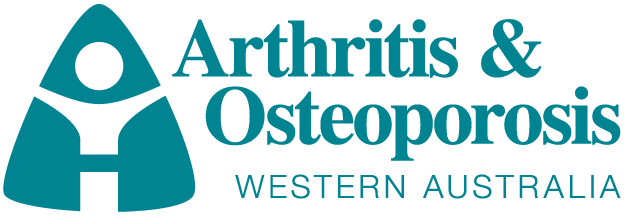In addition to the information in this website, there are lots of other resources that can help you learn to manage JIA.
Booklets
Finding out your child has arthritis
Living with arthritis: A guide for young adults
Information sheets
Condition Specific/ General Management
Medicines
Websites
Cassie + Friends: A Society for Children Affected by Juvenile Arthritis and Other Rheumatic Diseases
Arthritis and Osteoporosis New South Wales: Kids and Arthritis
Pediatric Rheumatology International Trials Organisation (PRINTO)
Arthritis & Osteoporosis WA
Children’s Arthritis Research Institute (CARI)
Helpful tips for assessing the quality of information on the internet
When you are looking for information, the internet may be one of the first places you turn to. The internet is the top source of information for teenagers and many adults. There are many websites about JIA, however, the quality of information on these sites varies greatly. It is important that you and your teenager talk to your teenager’s doctor to help you understand the information you find on these sites. Here are some tips to help you determine if the site is of good quality. Remember SCREEN!
| S = Source | Is the sponsor of the site credible? Check out their credentials. One way to do this, though it’s not 100% accurate, is by looking at the domain. Is the site: government (.gov), educational (.edu), or nonprofit organizations (.org)? Is the site current? What is the last date it was updated? |
| C = Conflict of interest or bias | Is the site selling or promoting a product or service? |
| R = editorial Review process | Is there an editorial process or seal of approval? |
| E = Evidence-based | Are the claims based on scientific research and is there documentation? |
| E = Extreme claims | Does the site claim “miracles,” “amazing results,” or ”earthshaking breakthroughs?” Any claim that a treatment works for dozens of different problems, or has a 95% or 99% improvement rate, is likely to be misleading and driven by profit. |
| N = Not related | Is the information unrelated to or different from what you were told by your health-care provider? |




